Interview with Peter Büchi, Head of IT (CIO) St. Galler Kantonalbank
Not always easy, but always worthwhile: the shift to the cloud and the Modern Workplace. Even in the regulated environment, MondayCoffee as an experienced cloud partner paves the way to the digital workplace for more and more companies with proven use cases. Most recently, we were able to holistically support the St. Galler Kantonalbank in the introduction of services from the Microsoft Cloud. With our cloud knowledge, we convinced the management, inspired the CISO and provided technical support. From the vision to the concept to the configuration. An interview with Peter Büchi, Head of IT (CIO) at St. Galler Kantonalbank.
“The MondayCoffee team has mastered the depth of the cloud, brings the experience, the methods and - most importantly - the people to successfully tap into the breadth of its use cases.”
Migration to the cloud: a topic that gives many companies in the regulated environment a feeling of unease. What did you expect from the transition to the cloud at that time? What fears or concerns did you have?
Peter Büchi, Head of IT (CIO) St. Galler Kantonalbank
Peter Büchi: Microsoft is encouraging us to switch to the cloud. In the future, many services will only come from the cloud. The cloud is a reality - and with it, of course, comes the hope of being able to tap into new potential.
I was hoping above all to have to worry less about technical details. To shift my focus to the business - and how to get the most out of the cloud.
I like to compare the cloud to the letter T: reduced immersion in the depths of technology, increased engagement with the breadth of utilization. Just being able to try something without having to deal with installations for half a year beforehand.
The enthusiasm for these countless possibilities is justifiably accompanied by the careful examination and implementation of compliance and data protection. The latter - rightfully - pose high hurdles, which caused me more pain in the gut than the technology.
And yet you have made it. St. Galler Kantonalbank has been working with Microsoft 365 since 2019 and with Microsoft Teams for almost a year.
Peter Büchi: We have persisted. Personally, I have been intensively involved with the topics of compliance and data protection. MondayCoffee stood out with their technical know-how. The team has mastered the depth of the cloud, brings the experience, the methodology and - very importantly - the people to successfully open up the application breadth: Working through piece after piece of work and standing aside until the finish line is reached.
The transition to the cloud is complex - the transformation requires new processes, new roles, new tasks to make life in the cloud successful. What were important success factors or obstacles?
Peter Büchi: Trial & error! Future users must be able to try things out. Providing a test environment is key. Another success factor is bringing together internal and external experts and skills so that cross-fertilization can take place.
And - clear targets images!
Principles can be formulated via visionary targets, such as: What do we do ourselves, what do we outsource to third parties? What do we use the cloud for, what don't we use it for? They help you to remain persistent. We also had to deal with setbacks - with a vision of the goal, it's easier to find your way back to the jointly defined path.
Relationships with external partners are also important. They have to be nurtured so that you are able to go manage low moments.
Conversations with customers in the regulated environment show that security & compliance is the No. 1 topic when it comes to using Microsoft 365 technologies. How have you dealt with this issue?
Peter Büchi: We had basic guidelines approved by the management to define the scope for us. If you are too cautious, you don't get anything done. At the same time, with the cloud, you don't really know what's to come.
I haven't quite got the hang of it yet either. You keep learning, case by case.
Let's get back to the initial question: Have you been able to take advantage of the cloud for yourself?
Peter Büchi: Yes. Some of my hopes became reality.
We in IT have to worry much less about the technology today. It just works. And we have more time to make everyday work easier for the business. To collaborate more easily, to become more agile and innovative. Today, a customer service representative can bring in a specialist with one click via Microsoft Teams. Our employees 'bank' smoothly from home today!
“Today, a customer advisor can call in a specialist with one click via Microsoft Teams. Today, our employees ‘bank’ smoothly from home!”
Bankers today need a different infrastructure - they want and need to work differently than in the past in order to meet customer demands. MondayCoffee brings the necessary knowledge and practical experience to establish modern ways of working with employees.
But at the same time, the cloud brings new challenges. There are always new developments, whether you ask for them or not. And pricing is very dynamic after all.
You are one of the first in the banking environment to use Microsoft Teams for communication (meetings, conferencing, video and screen sharing, and internal and external audio). How did you manage that?
Peter Büchi: We had the green light from the management - and partners we could count on. Who not only brought the necessary expertise, but also the will to successfully turn the project into reality.
MondayCoffee brings a lot of experience in working with Microsoft Teams in regulated environments. We did not have to start from scratch but could benefit from the proven MondayCoffee use cases for Microsoft Teams that work well for banks in processing non-critical documents.
We proceeded step by step. You also have to give users time to get used to the new ways of working. It's like dancing: Only after a lot of practice does it work automatically.
We also had to make sure that we didn't overburden the employees. Microsoft Teams offers much more than we can handle. And not all functionalities are proven.
Many of your colleagues at other banks are still hesitant about the cloud.
Peter Büchi: I can understand that. Not everything that is new is needed immediately.
But the cloud is ready and the advantages are there to be exploited. You can't miss the opportunity; the losses in terms of being an attractive employer are too high. It is worth taking a differentiated approach to the topic.
The fear of the cloud is the fear of losing control. Microsoft 365 is difficult to manage. And this is where MondayCoffee's expertise comes into play again: They know Microsoft 365 like the back of their hand and can provide security and contribute tools to keep control and use Microsoft Teams in a differentiated way.
“The fear of the cloud is the fear of losing control. This is where MondayCoffee’s expertise comes in: they know Microsoft 365 like the back of their hand and can provide security and contribute tools to stay in control.”
Do you have any recommendations for those who still have to make the leap?
Peter Büchi: Define target images with which you can tell a story and pick up the parties involved and take them with you. Showing what the cloud is and how it can help in concrete terms, in a way that is appropriate for each level and target group.
Make internal teams more knowledgeable with external expertise.
Trial and error.
Work incrementally, develop the advantages step by step and always think about usability.
Ultimately, it's about creating a consistent, secure experience for internal and external users, wherever they want to 'bank'.
















